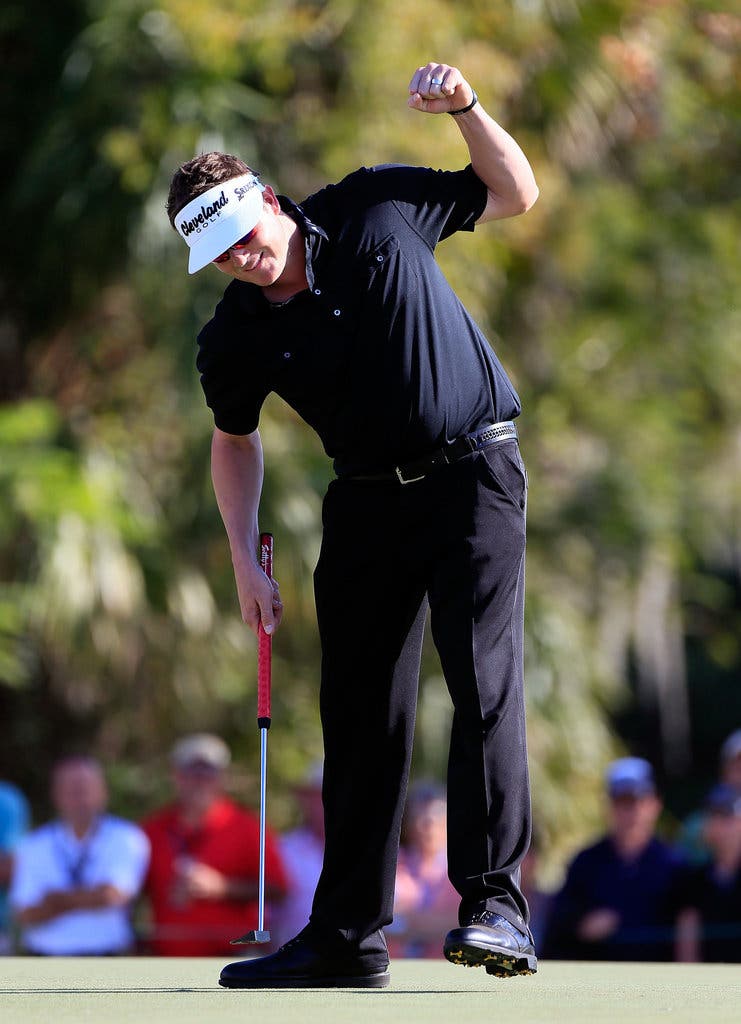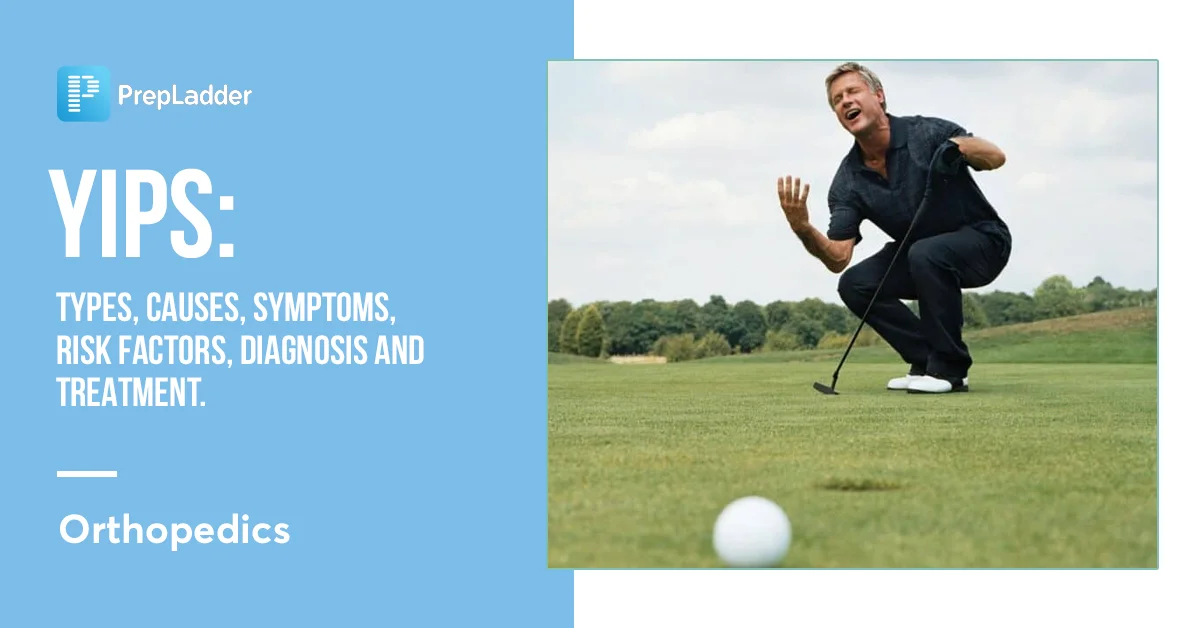Beta blockers golf yips

There's also beta blockers and blood pressure medications that can prevent an increase in heart rate during performance and reduce anxiety-related tremors and. The yips in golf is currently regarded as a task-specific beta blockers golf yips disorder, with variable phenomenology and of unclear etiology. There is some. Golfers with dystonic yips yipped 84% of putts two-handed looking at the ball, 68% looking at the hole (p<), 52% following propranolol (p<. Benzodiazepines, baclofen and anticholinergic drugs can be used to treat focal dystonia, and propranolol can be used to treat tremor. Botulinum.
Beta blockers make golfers 'just blah'
It was the look of a man who was tired of waiting for his coach. He had borrowed somebody else's badge. He hurried to join Ballesteros on the practice putting green. Join thought-provoking conversations, follow other Independent readers and see their replies. Want to bookmark your favourite articles and stories to read or reference later?
Start your Independent Premium subscription today. Please refresh the page or navigate to another page on the site to be automatically logged in Please refresh your browser to be logged in. Sign up to our free sport newsletter for all the latest news on everything from cycling to boxing Sign up to our free sport email for all the latest news.
Please enter a valid email address. I would like to be emailed about offers, events and updates from The Independent. Read our privacy policy. Thanks for signing up to the Sport email. Join our commenting forum Join thought-provoking conversations, follow other Independent readers and see their replies Comments.
Already subscribed. Log in. Thank you for registering Please refresh the page or navigate to another page on the site to be automatically logged in Please refresh your browser to be logged in. Jet2holidays Best betting sites. Forgotten your password. Beta blockers golf yips Want an ad-free experience. View offers. These symptoms can result in: i a poor quality of golf performance adds 4. Golfers with the 'yips' average 75 rounds per year, although many 'yips'-affected golfers decrease their playing time or quit to avoid exposure to this embarrassing problem.
While more investigation is needed to determine the cause of the 'yips', this review article summarises and organises the available research. A small study included in this paper describes the 'yips' phenomenon from the subjective experience of 'yips'-affected golfers.
Based on the subjective definitions of 72 'yips'-affected golfers, the 'yips' was differentiated into type I dystonia and type II choking. Researchers speculate that the yips can be either psychological or neurological, and that beta blockers -- which slow the heart rate -- won't help when the yips have neurological roots. Jay Smith, the study's medical director, said many golfers are afraid to admit they have the yips.
Some are so superstitious they won't golf in the same party as a yipper. Others believe they can get the yips just by talking about it. The yips typically affect older golfers with least 10 or 20 years of experience. But Jensen first caught them in a practice round for his high school golf squad at age His putting game became a source of embarrassment on the links -- and fodder for his needling golf partners.
The yips bothered Jensen so much he quit playing for 25 years until he picked up his clubs again about a year ago.  Like many yippers, Jensen has tried with some success to alter his game. Researchers believe the yips are sometimes caused by golfers ''wearing out'' their motor systems for a particular activity. If that's the case, small tinkering can put them almost back to where they were to start.
Like many yippers, Jensen has tried with some success to alter his game. Researchers believe the yips are sometimes caused by golfers ''wearing out'' their motor systems for a particular activity. If that's the case, small tinkering can put them almost back to where they were to start.
Other potential remedies include using a long putter, putting from the opposite side, or using a cross-handed grip so the tics in one's dominant hand have less control over the shot. During Mayo's two-day ''tournament'' this week, the golfers were fitted with electrodes to monitor and record heart rate and given special putters that measured their grip strength.
Popular Pages
- 28 best ball golf bet
- Dubai classic golf betting tips
- Shell houston open golf betting tips
- Golf multi bet
- Best scoring software for golf betting
- Barkley jordan golf bet
- Best sportsbook las vegas to bet golf
- Champions tour golf money list
- How to bet on disc golf
- Scottish open golf 2018 betting odds
- Volvo china open golf betting tips
- Open golf betting 2018
- Exotics tour edge e7 beta golf
- How to bet on golf
- 3m golf betting tips